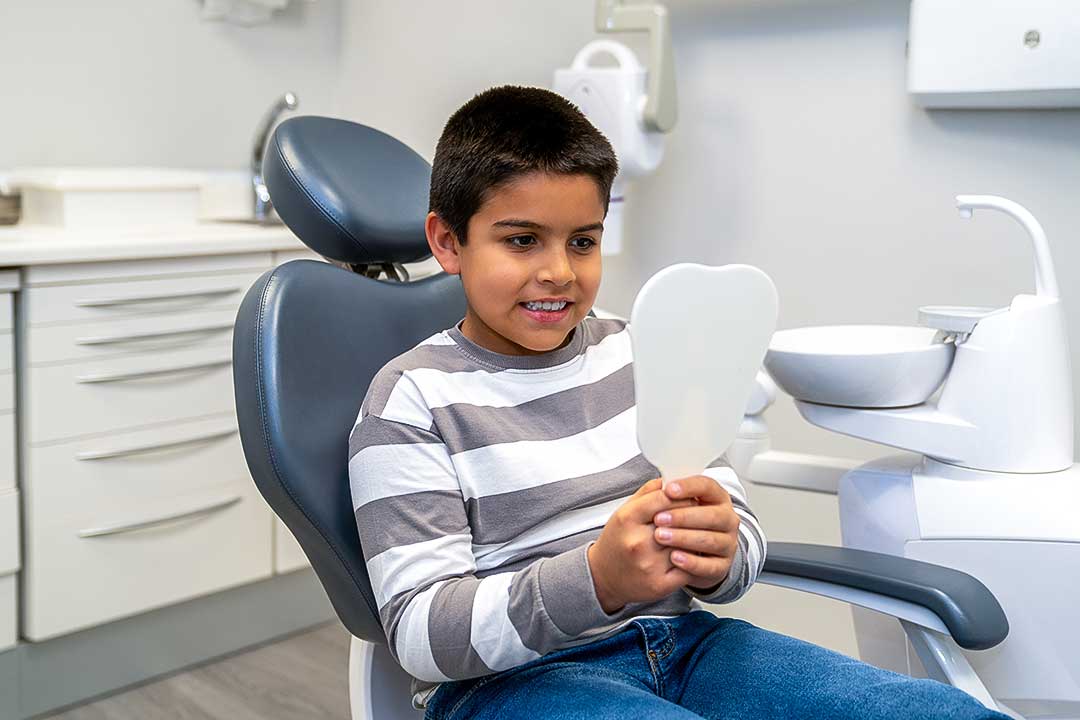Table of Contents
Introduction: Why might a tooth hurt after a filling?
Dental fillings are among the most common restorative procedures. They remove decay and restore the tooth’s strength and function. However, the tooth’s internal tissues can be temporarily irritated by the process of drilling, bonding, and curing materials — which may cause short-term sensitivity or pain.
This discomfort is typically mild and temporary, but in certain cases, it can persist or indicate an underlying issue requiring professional attention. Understanding the difference between normal post-treatment sensitivity and concerning symptoms helps you know when to reach out to your dentist.
Normal sensitivity versus red flags
Some mild sensitivity to temperature, pressure, or air after a filling is completely normal and usually resolves within days to a couple of weeks.
However, sharp, throbbing pain, pain that wakes you at night, or pain when biting may point to a deeper problem — such as a high filling, nerve inflammation, or infection — and warrants prompt dental evaluation.
What we do at to ensure your fillings fit right
At Drs. Nicolas & Asp Centers, we follow rigorous protocols to ensure every filling is placed with precision and care — minimising postoperative discomfort and maximising longevity.
Our approach includes:
By adhering to these meticulous standards, our team minimises the risk of post-filling pain and ensures every restoration functions comfortably and naturally.
Scientific causes of pain after a filling
Nerve irritation (pulpitis)
Deep cavities close to the pulp can cause inflammation of the nerve, known as reversible or irreversible pulpitis. Adhesive restorations, if not carefully layered or cured, may increase sensitivity.
High or mis-adjusted filling
If a filling is slightly higher than your normal bite, it can create excessive pressure on one tooth. This can cause pain when chewing, which usually subsides after minor adjustment.
Micro-leakage or bonding gaps
Even minute gaps between the tooth and filling material can cause movement of fluids or bacteria, leading to sensitivity. Proper bonding and curing techniques significantly reduce this risk.
Cracks or undetected decay
Sometimes, pain after a filling stems from a pre-existing crack or hidden decay beneath or beside the treated area. Careful examination and X-rays are essential to rule this out.
Other factors
Bruxism (teeth grinding), extreme temperature exposure, or rare allergic reactions to materials can also cause temporary discomfort.
How long does discomfort last?
Every patient heals differently, but mild sensitivity usually settles within a few days to two weeks as the tooth adapts to the new filling. For deeper restorations, it may take up to four weeks for complete comfort. If discomfort persists, worsens, or changes in character, it’s important to schedule a follow-up evaluation.
When to contact your dentist
Schedule an appointment if you experience:
What your dentist can do
Your dentist may adjust the bite, repair or replace the filling, apply desensitising agents, or treat nerve inflammation (in some cases, via root canal therapy). Addressing these promptly prevents long-term damage or discomfort.
Prevention: Reducing future risks
Key Takeaways
While temporary sensitivity after a filling is normal, persistent or worsening pain signals something worth evaluating. At Drs. Nicolas & Asp Centers, our dentists combine advanced training, precision techniques, and comprehensive aftercare to ensure your fillings fit comfortably — restoring your smile with quality, accuracy, and care.
If you’re looking for a highly trained dentist in Dubai with extensive experience in restorative dentistry, visit one of our general dentists or prosthodontists at Drs. Nicolas & Asp Centers in Jumeirah, Dubai Marina Walk, The Springs Souk, or Uptown Mirdif.


